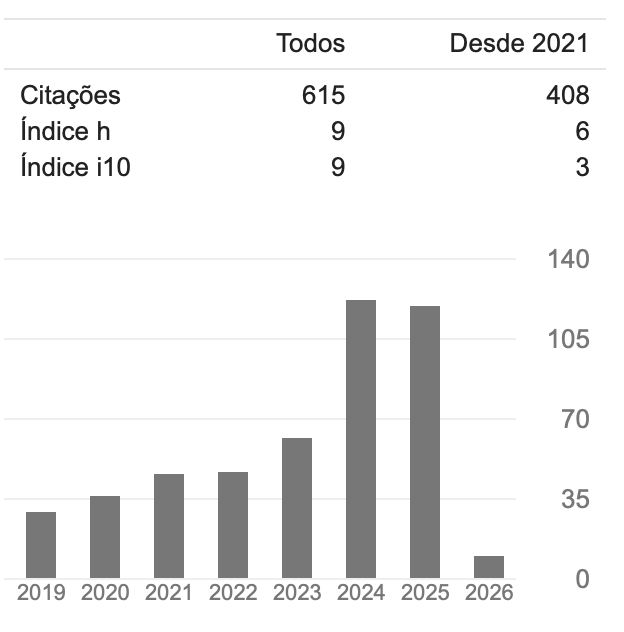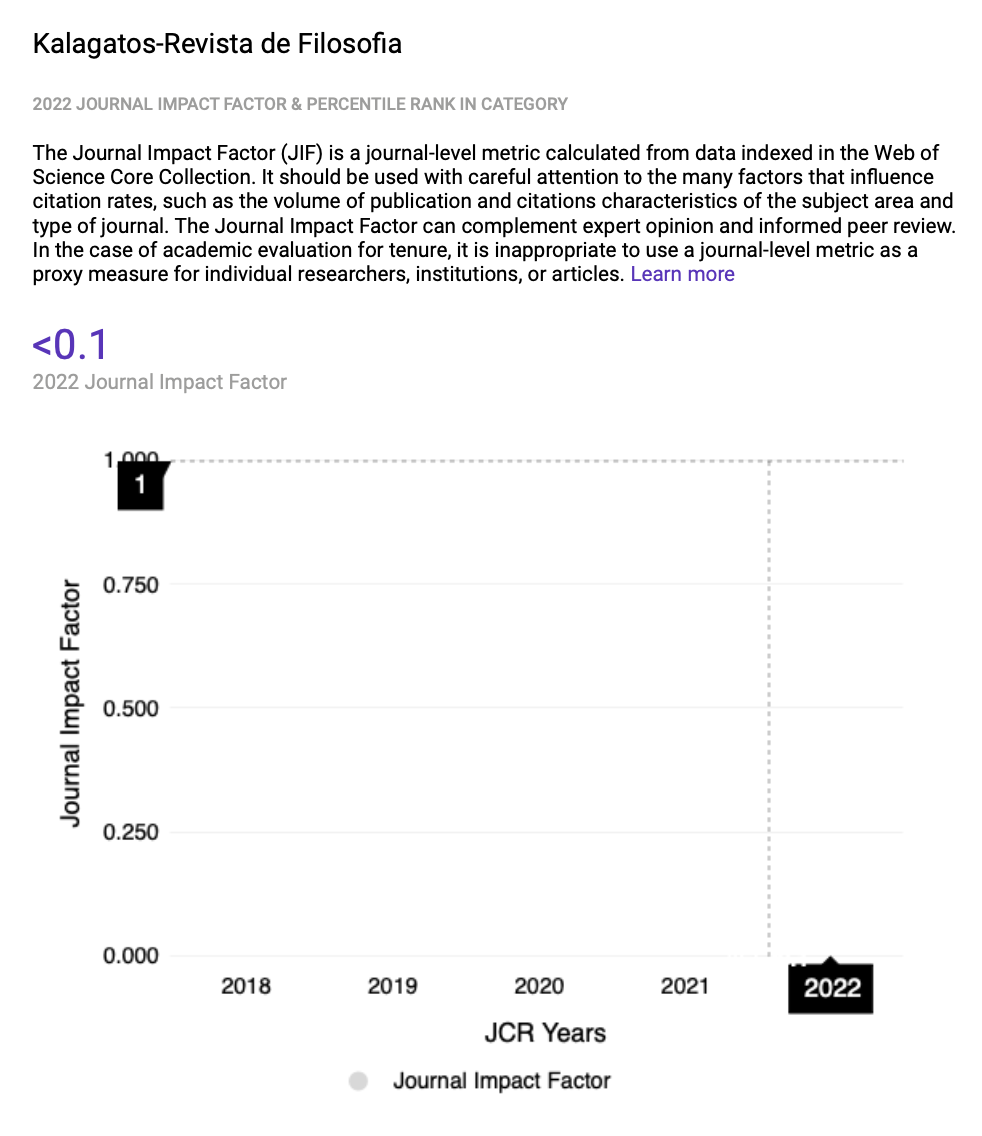Mandatory requirement for bilingual articles
Dear Authors,
The Kalagatos editorial board has decided that submissions will be closed until we can fulfill the backlog of articles for the journal, which is expected by the end of January 2026. After that, we will maintain the policy of only publishing bilingual articles (in Portuguese + another foreign language) or, at least, articles in English or another foreign language (Spanish, French, Italian, etc.). In other words, articles submitted only in Portuguese will be automatically rejected, except for duly justified special editions.
Read more about Mandatory requirement for bilingual articles

















